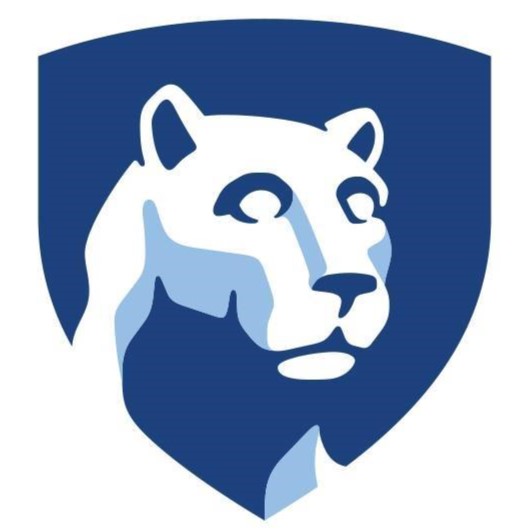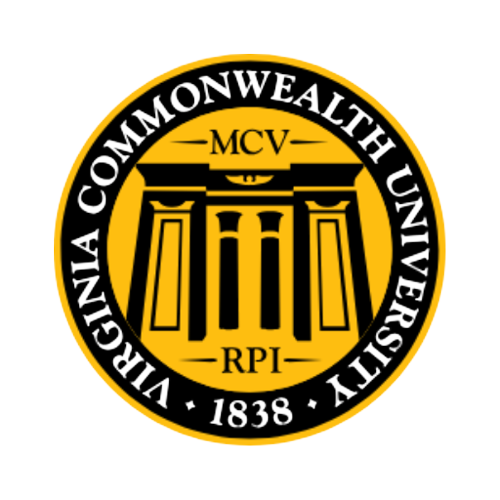📖Program Curriculum
SOCL7050A - Advanced Research Methods
This course is divided into two parts: research design and proposal writing
The first part of the course aims to allow students to formulate their research questions', understand and develop explanatory models for their projects, and become familiar with various research designs. In the second part of the course, students will be prepare draft proposals for their Masters research reports.
SOCL7008A - Collective Action and Social Movements
This course will explore the histories of state and popular violence in South Africa, and place this in the broader context of changing patterns of violence historically and globally. The focus will be on collective action, violence and contentious politics. The course will consider case studies of social movements that have adopted violent practices, as well as social movements that mobilise against violence.
SOCL7009A - Development as Ideology and Practice
What is "development"? The course will explore the different meanings of the term, review the theoretical debates on "development", and examine elements of the policy and practice of "development".
SOCL7010A - Economic Sociology: Institutions, Capitalism and Markets
This course will introduce students to the main paradigms that shape modern economic policy debates and positions. Although it is not an economics course, it will, nonetheless, give post-graduate students in the social sciences a solid grounding in economic and social theory.
The four main paradigms dealt with are:
Economic liberalism
Keynesianism
Marxism and anarchism
SOCL7011A - Environmental Sociology: The Political Economy of Nature and Development
The course explores environmental issues, while drawing upon a wide range of theorists.
The rise of a global environmental social movement is traced, including the environmental justice movements in South Africa and elsewhere. Students are encouraged to address a particular environmental problem as part of their written contribution to the course.
SOCL7036A - Feminist Theory
Feminist Theory introduces students to key debates in Women's and Gender Studies, and Feminist Theory and Politics. key concepts interrogated include Ethics, Politics and Subjectivity
SOCL7048A - HIV/AIDS, Sexual and Reproductive Health in Social Context
Through a multi-disciplinary approach, this course explores the social and historical context of HIVAIDS as a global pandemic. The aim of the course is to equip students with the skills to better understand the complexity of the epidemic. It provides a general overview of the facts, theoretical debates and latest policies surrounding the HIV/AIDS epidemic.
SOSS7021A – Labour and Development
This course analyses the role of labour in the development process. Labour and development in Southern African and the Global South will be emphasized. Key topics include:
* Labour's relationship with the post-colonial state
* The relationship between trade unions and other civil society organisations.
SOCL7048A - Labour in the Global Economy
This course focuses on how the nature of work is changing in the new economy, and the implications for economic opportunity and inequality in both South Africa and the United States.
The course consists of three main parts. Part one focuses on general theoretical issues in the world of work and the major changes that have taken place on a global scale. Part Two consists of a series of comparative case studies that explore these themes in different industrial sectors in both the U.S. and South Africa. Part Three examines the response of labour, at a local (both U.S. and South African), regional (Southern African and North American) and global scale.
SOCL7039A - Social Transitions
Social Transitions is an intensive critical theory seminar. The first half of the course lays a foundation from which to think about ‘Theory’. During this time we explore four questions: Whose theory is Sociological Theory? Where is ‘the sociological imagination’ located? What is the ‘dark side’ of this imagination? Which other sociological imaginations are available to us as scholars? The second half of the course explores these relationships between theory and power through the lens of theories about 'race' in modernity.
SOCL7041A - The Making of the South African Social Order (Course on Abeyance)
The course provides an overview of the 20th century South African history, as shaped by the varying legacies of indigenous modes of organisation and colonial rule. It outlines the challenges and opportunities that faced social and political actors in the course of the century, and that have left their mark on contemporary developments
SOCL7042A - The Sociology of Health and Illness
There is a growing demand for experts in the Sociology of Health and Illness. This course aims to fill in the gap in the training of such experts by providing a systematic and comprehensive introduction to the core concepts and current debates in the Sociology of Health & Illness. it focuses on the theoretical as well as the practical aspects in both the global and the South African contexts.
SOCL7043A - Sociology of Land and Agrarian Reform in Southern Africa
The course will introduce students to some of the key debates that have come to characterise land and agrarian reform in post-apartheid (1994) democratic South Africa and by extension the Southern and Eastern African region. The cardinal aim of the course is to equip students with the knowledge base and skills required to critically engage with policy debates on land and agrarian issues. The central thrust of the course is to understand the protracted nature of land reform policy-making process in countries undergoing democratization.
Show less







